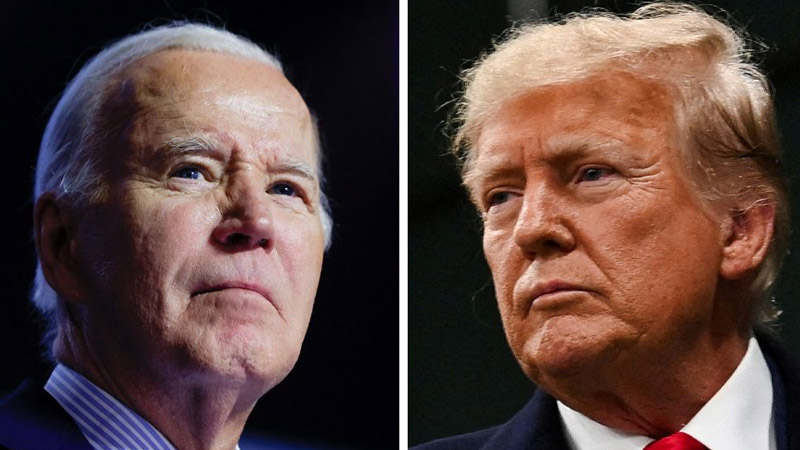‘That F—er Would Knife Me’ Trump’s Candid Take on Kim Jong Un Revealed

Olivia Nuzzi/ Twitter
A startling revelation about former President Donald Trump’s true feelings towards North Korean leader Kim Jong Un was disclosed for the first time on Thursday, showing a stark contrast to the previously publicized “beautiful letters” exchange that famously marked their correspondence.
According to a report by Foreign Policy, Gordon Sondland, Trump’s former ambassador to the European Union, unveiled the candid exchange during a discussion with the then-president. During the conversation, Sondland directly challenged Trump, saying, “OK, Mr. President, cut the bulls—. What do you think of Kim?” Trump’s response was unexpectedly blunt.
“That f—er would knife me in the stomach if he had the chance,” he admitted, providing a stark contrast to his public expressions of admiration towards the North Korean dictator. This exchange, as reported, sheds new light on Trump’s private skepticism about Kim, despite the publicly warm narrative that had been crafted through their letters and statements.
Trump’s description of their correspondence could hardly be more different from his private views. In a speech in West Virginia in 2018, Trump had enthused about Kim, saying, “He wrote me beautiful letters. We fell in love.” These letters were later characterized by Foreign Policy as laden with “tactical feints, unctuous flattery, and psychological ploys.”
Sondland, who served as the ambassador to the E.U. from 2018 to 2020, has become known for his forthright views since testifying in Trump’s first impeachment inquiry. This inquiry was tied to accusations that Trump attempted to coerce Ukraine into investigating Joe Biden and his son. Sondland has described Trump in various terms, noting him as “kind of a d—” and someone driven by an insatiable ego.
The newly revealed sentiments about Kim Jong Un come as a surprise but fit a pattern of behind-the-scenes frankness from figures associated with the former president. They also highlight a complex and often contradictory approach to international diplomacy under Trump’s administration.
Moreover, Trump’s described affection was directed at a leader accused by the International Bar Association’s War Crimes Committee of nearly all recognized crimes against humanity, including “murder, extermination, enslavement, forcible transfer, imprisonment, torture, sexual violence, persecution, enforced disappearances, apartheid, and other inhumane acts.”
This revelation may prompt a reevaluation of Trump’s diplomatic sincerity and his approach to handling relations with contentious figures on the world stage, showing a significant dissonance between his public and private personas.


